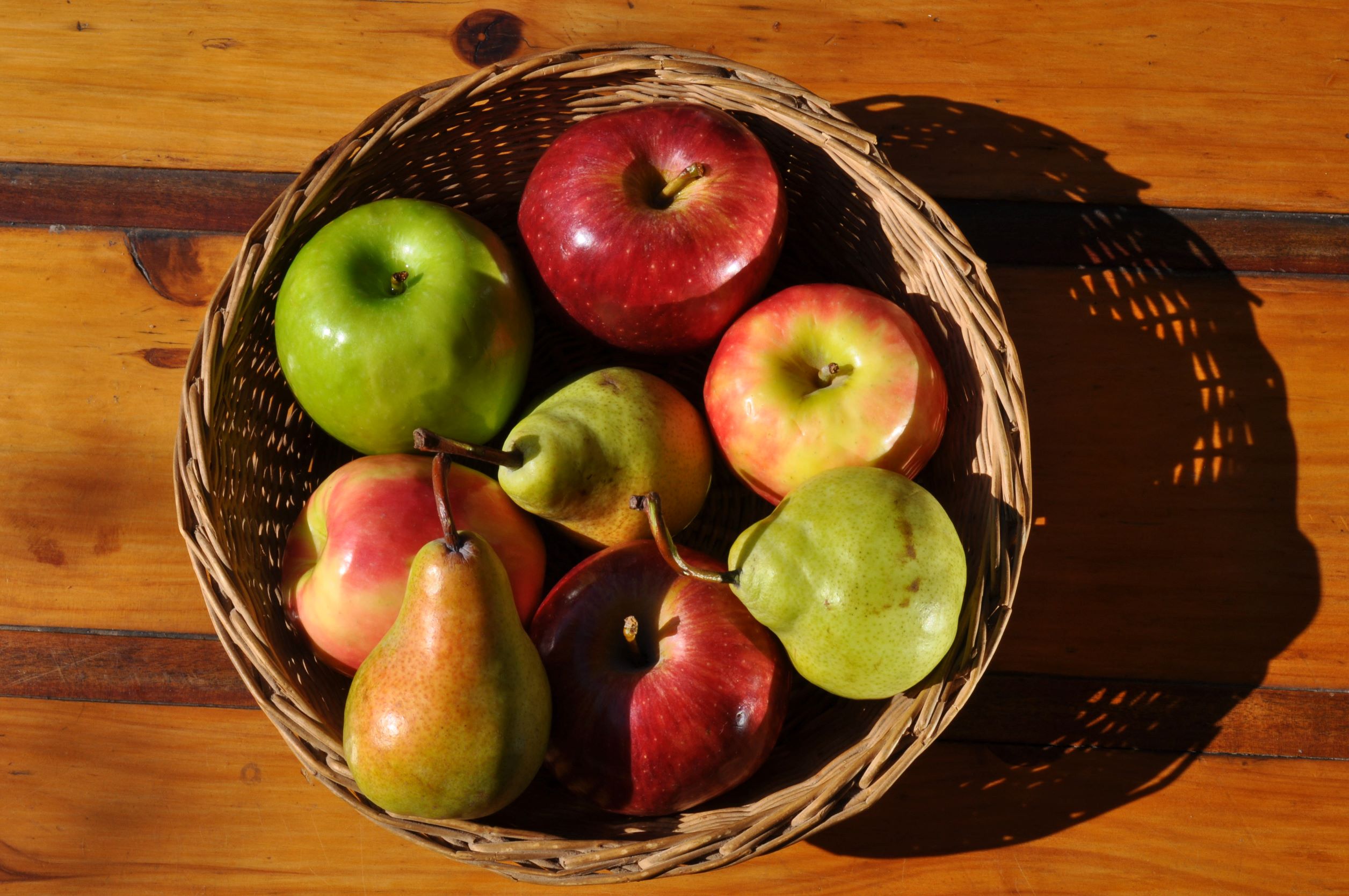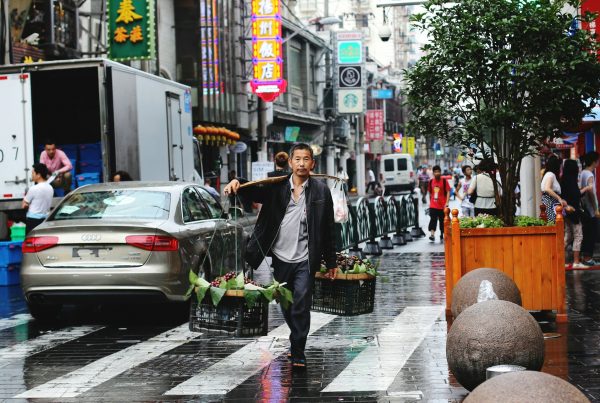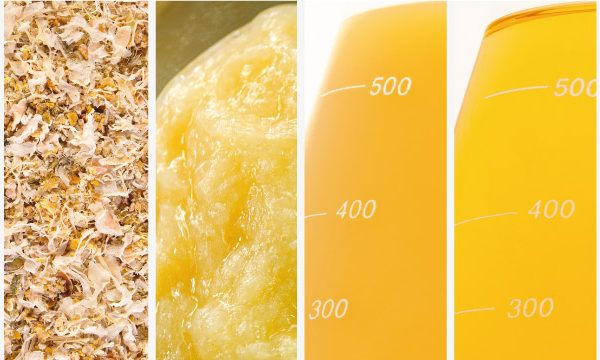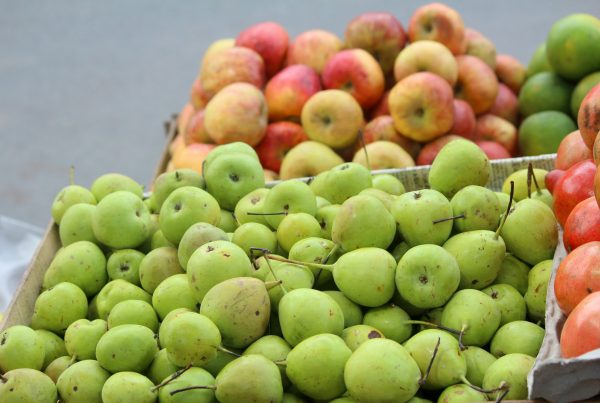Newsletter 131 – 8.03.2022
The challenges posed by the Covid pandemic to the fruit trade seem like child's play compared to the problems arising from the military confrontation between Russia and Ukraine.
Argentina is one of the most affected countries, as it usually sends significant volumes to Russia.
The war between Russia and Ukraine has shocked the world. Europeans and North Americans identify with Ukraine, which is why they feel what is happening almost in their own skin. Regardless of the military conflict, what is becoming more and more apparent are the consequences that this conflict brings to the economy, trade and finances around the world. In a globalized world, a conflict like this has serious consequences on all aspects of life.
Russia is the world's leading importer of temperate fruits, given the climatic limitations that restrict production in its own country. It is in the first place of apples, pears, oranges, easy peelers and grapefruit and second in lemons and grapes. Almost 3 million tons of these fruits are imported. Within the southern hemisphere, the main suppliers are Argentina and South Africa. In 2020-21, Argentina shipped 160.000 tons: 71.000 tons of pears, 41.000 tons of lemons, 20.000 tons of easy peelers, 16.000 tons of oranges, 9.500 tons of apples and 2.500 tons of grapes. This represents, depending on the case, between 10 and 40% of the total exported of each fruit. At this moment there are 11,000 tons of pears and apples in the water, this is a third of what was shipped so far in the new overseas campaign. The numbers clearly show the dependence that Argentine exports of fresh fruit have on Russia.
1- Effects on the global economy
The first effect was a disproportionate increase in gas and oil prices, which have climbed to historical records. But as the days go by, it is seen that the entire economy and some activities in particular are seriously affected. Such is the case, for example, of the automotive or fertilizer industries.
The increase in the cost of energy will have its greatest impact on the industries for which it is an essential input. It will also affect the purchasing power of the population and governments, which will have to pay more for energy, reducing funds for other activities.
2- Fruit consumption
In Russia, a sharp drop in fruit consumption is expected, mainly imported fruit. This is due to the fact that the cost of the fruit increased sharply as a result of the devaluation of the ruble, logistical problems and the effect of the panic of the population that tries to hoard merchandise in the face of the uncertain situation. According to reports, the prices of fruits in Russian supermarkets have doubled in a single day.
In neighboring countries, it is also feared that given the effects of the war and uncertainty affecting consumer sentiment, it is very likely that there will not be much enthusiasm for buying fruit, especially the most expensive one.
3- Lower imports
A sharp drop in fruit imports from Russia is expected due to the combination of: restrictions imposed by most countries in the northern hemisphere, the collapse of the ruble, collection difficulties and logistical problems. But this reduction in imports will be different depending on the country and political relationship of each one. For example, on 01.01 Russia allowed again the import of apples and pears from China. Turkey is also a big supplier of fruit and vegetables despite the conflicts it had in previous years.
4- Logistical problems
The main shipping companies (MSC, Ocean Network Express, Hapag Lloyd, and Maerks) have decided to temporarily suspend container shipping to Russia.
This led to the majority of containers destined for Russia being blocked in Rotterdam or other ports last week. The decision was later revoked, prioritizing the shipment of perishable cargo. But many shipments were suspended and unloaded, trying to locate the merchandise within Europe.
5- Devaluation of the ruble
Day by day it is devalued and it is not yet foreseen when it will reach its minimum.
6- Collection problems
When several banks are excluded from the Swift system, a big problem arises as to how the payments will be carried out. Although there are alternative pathways, these will be complicated, expensive and will take time to implement. Despite the fact that the big chains have sent letters to their suppliers assuring that the money will be sent, no one can currently be sure of receiving the payment. Credit insurers have withdrawn their coverage. Another factor that discourages exporters is the collapse of the ruble, for which there are doubts whether trade is economically sustainable or if there will be in significant losses.
According to some exporters, they will only send fruit to Russia if they have assured collection, but the great unknown is with the fruit that is in water: if it manages to enter Russia, if it is charged correctly.
7- Exceptions to the sentence and economic restrictions
Belarus and Serbia were the two European countries that did not condemn Russia for the invasion of Ukraine. Russia's response was immediate and lifted on 01.03 the embargo on the shipment of fruit to Russia from Serbia, which had been ruled on 01.01. For which Serbia is again allowed to send trucks through Belarus to supply the Russian market with its apples.
Although Argentina officially condemned the entry of Russian troops into Ukraine, it has not yet adhered to the economic sanctions that the West is applying to Russia.
The challenges are multiple, without anyone being able to give a clear picture of the situation at this time. We are experiencing moments of great uncertainty and constant changes. Therefore, only a draft of the possible scenarios can be made. But what is clear is that just as the post-pandemic world is no longer what it was before; neither will the postwar and hopefully this will arrive as soon as possible.







